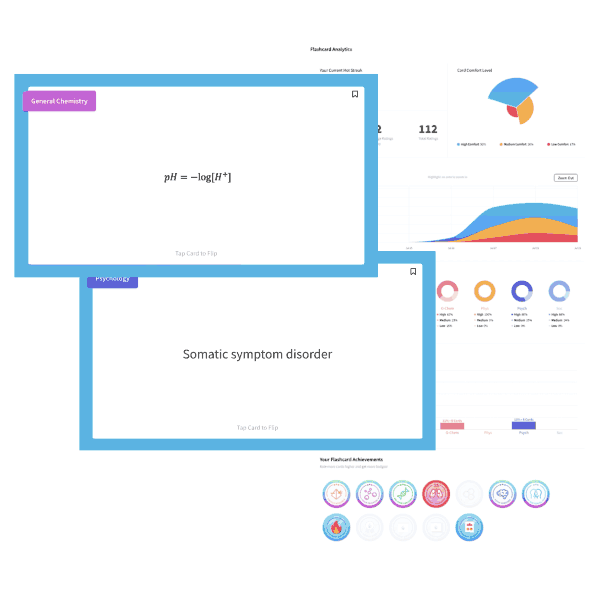Radar guns used to detect the speed of motorists relies on the principles of sound and Doppler effect. All of the following measurements may be utilized to calculate the relative velocity of a motor vehicle EXCEPT:
A. Speed of sound in air
B. Period of the wave emitted
C. Density of the air
D. Frequency of the waved detected
Explanation
A. Speed of sound in air
B. Period of the wave emitted
C. Density of the air
D. Frequency of the waved detected
This question is testing your understanding of the Doppler effect as it pertains to a practical example involving the use of radar guns to determine the speed of motorists. To answer this question, you must know the Doppler equation:

Note, the density of air will have an effect on the velocity of sound in air. On a hot day, the velocity of sound is greater than on a cold day, but if you know v, you don’t need to now the density of air.
Want more MCAT practice?
We’ve got options for every schedule and learning style!
From the best online MCAT course created by top instructors with 524+ MCAT scores to the most representative full-length practice exams and private tutoring, we can custom tailor your MCAT prep to your goals!
Not sure which option is right for you? Schedule a free MCAT consultation with an MCAT expert using the form below. No obligation, just expert advice.
Create your Free Account to access our MCAT Flashcards

